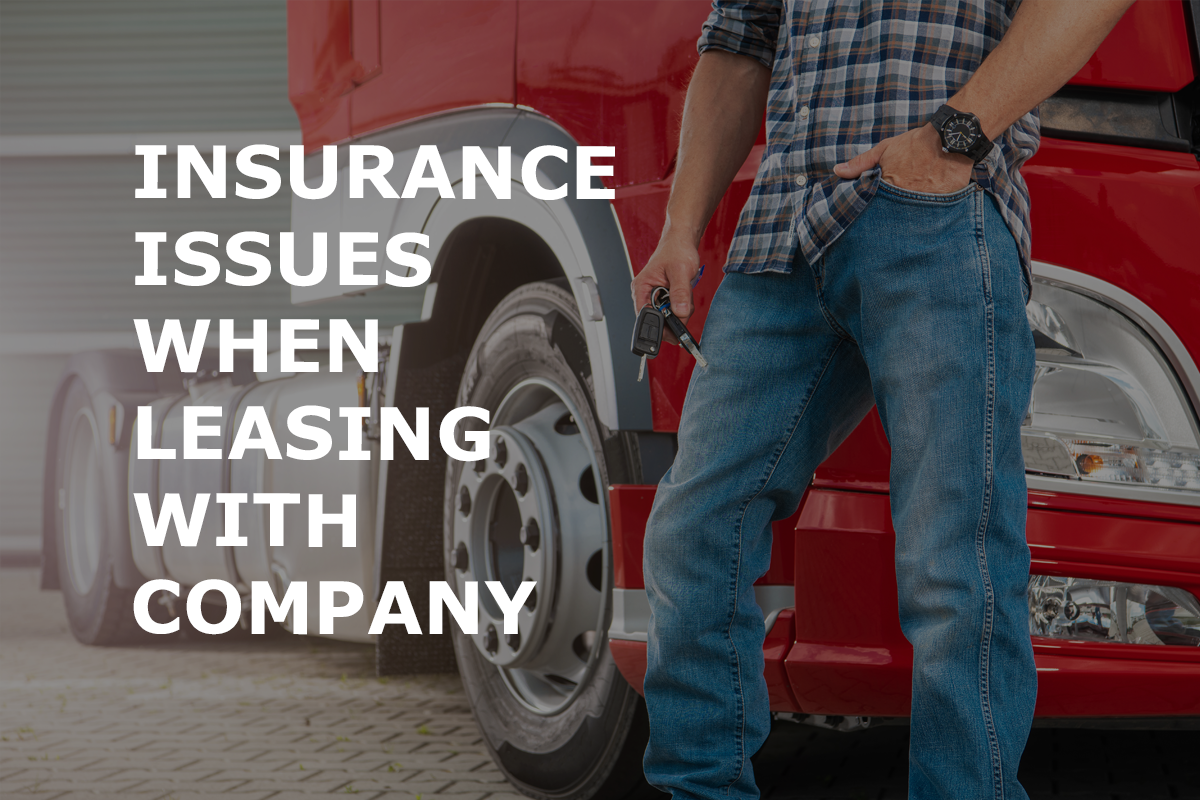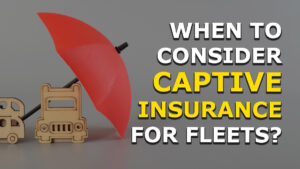Make sure that the carrier offers coverage levels that meet your specific insurance needs as it will impact your eligibility to haul certain cargo and can affect your bottom line.
Owner-operators have two choices when starting their trucking business:
- Run under your own operating authority or
- Lease on with a carrier
When you lease on with a carrier, they are already established with their authority to operate, so you can enter into an agreement and begin hauling freight very quickly.
In most cases, you provide your own truck to haul the freight and, depending on the carrier, can choose whether you are self-dispatch or use the company.
You will likely have better cashflow since an established carrier could get you paid weekly, regardless of the shipper’s timing of 30-60 days after completing a load, and there is no need for factoring which can cost 1-4% for the first 30 days.
But first, there are important items to consider before deciding which route to take.
What to look out for when being leased on with a carrier
If leasing on, it is important to understand that the carrier sets all the terms.
For example, you may not have the ability to choose your own routes, schedule, length of term, charges for services, or termination process.
When leasing on, be sure to read the insurance fine print closely and ask questions to understand what is covered or not since it may not cover you while you are not operating under that company’s authority.
Additionally, see if you are covered when hauling for other companies or traveling home when you are off duty.
Lastly, make sure that the carrier offers coverage levels that meet your specific insurance needs as it will impact your eligibility to haul certain cargo and can affect your bottom line.
Issues moving away from being leased on with a carrier
If you want to separate from a carrier and go on your own, that can present a big problem.
When an owner-operator leaves a lease agreement to go on their own, they have no safety history under their own authority.
So, you are basically starting over unless an underwriter can get the data from that motor carrier, with all the claims, by driver.
If you used the carrier’s equipment and are only asked to get a non-trucking liability or bobtail liability, that does not count as primary insurance. Underwriters can’t use non-trucking or bobtail liability for proof that they had no incidents.
To decide if insurance through a carrier is right for you, think about your future goals, such as expanding your business or eventually running under your own authority.
Non-Trucking Liability Insurance
If you are leased to a motor carrier that provides your primary liability coverage, you will need Non-Trucking Liability (NTL) coverage while using your truck for a non-business purpose.
NLT coverage can pay for medical and other expenses associated with injuries to others or damage to other peoples’ property that you cause. This endorsement only modifies the liability portion of your policy.
Non-Trucking Liability doesn’t provide liability coverage for business use or when hauling any type of cargo. Examples of business use could include:
- Driving to and from the terminal
- fueling up
- traveling for maintenance or vehicle servicing
- driving during layovers
- dead-heading, and
- washing your truck
These activities typically would be covered by the motor carrier’s primary liability insurance.
Non-Trucking Liability coverage kicks in when you use your truck on your days off for things like going to the movies, picking up groceries, attending sporting events or visiting friends.
Remember, NLT coverage is a lot cheaper than if you were an owner-operator with your own authority because it is not stand-alone business liability coverage. Also, be aware that Bobtail insurance is not Non-Trucking Liability insurance.
Reach out to CNS Insurance for help figuring out which coverages you need when leasing on to a company. If you have any questions or concerns, please call us at 800.724.5523 or email info@cnsinsures.com.
Don’t get stuck in bad insurance coverage
The worst situation to be in is getting bad commercial truck insurance coverage and being committed to it for a year when one accident can ruin your business.
We recommend you start a custom quote online or call us directly to speak with a licensed trucking insurance professional.
Before we can get you an estimate, we are going to need some information.
Fill out a complete quote or quick quote to get started.






